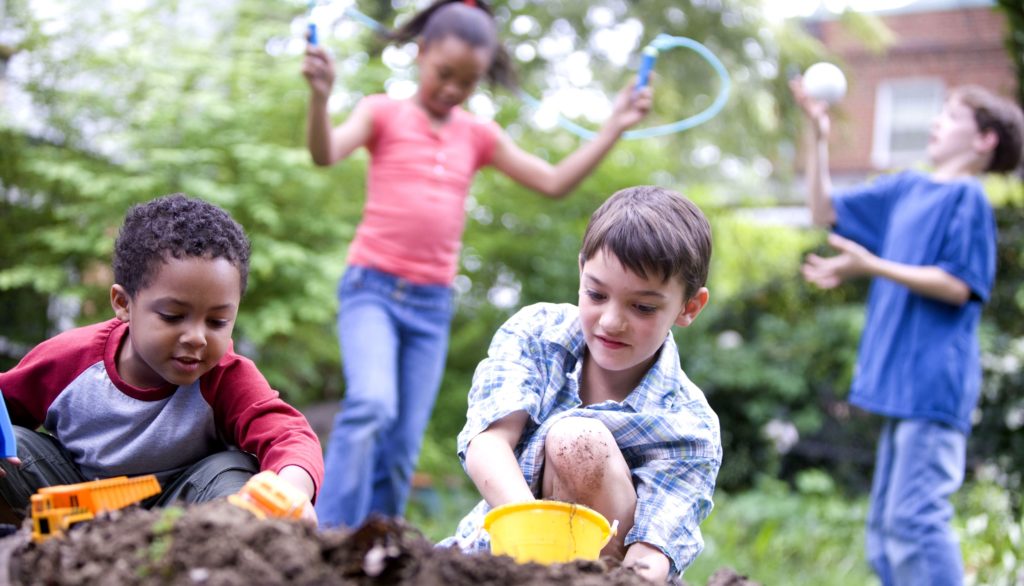
Importance of Play and Building Social Skills
Developing social skills in children prepares them for a lifetime of healthier interactions in all aspects of life. An integral part of functioning in society is social skills. Communicating effectively with others, displaying good manners, being considerate of the feelings of others and expressing personal needs are all important components of solid social skills. Helping children to develop these important skills requires at each stage of development a different set of strategies.
What are play and social skills?
The play is voluntary engagement in self-motivated activities that are normally associated with enjoyment and pleasure. Play may consist of pretending, amusing or imaginary, constructive, interpersonal (play with others) or intrapersonal (solitary play) interactions. The play is the way that children learn about their bodies, the environment, and their place in the world around them.
Social skills are the skills we use every day to communicate and interact with others. They include verbal and non-verbal communication, such as gesture, speech, body language and facial expression. A person has strong social skills if they have the knowledge of how to behave in social situations and understand both implied and written rules when communicating with others.
Play and social skills include:
- Play skills (with peers as well as alone)
- Social Skills (with peers)
- Social Communication

Why are play and social skills important?
The play is one way by which children learn. Unstructured or “free” play in early childhood is an important way that children learn about their world. The play is also an avenue through which social skills can develop.
Children learn about societal rules, as they grow by making up games with rules, as well as about winning and losing and “playing fair”. They also learn about controlling their impulses in order to do well at something and about negotiating, problem-solving and space. Above all, the play is needed for relaxation and fun.
Social skills are vital in enabling an individual to have and maintain positive interactions with others. Many of these skills are crucial in making and sustaining friendships. Social interactions do not always run smoothly and an individual need to be able to implement appropriate strategies, such as conflict resolution when difficulties in interactions arise. It is also important for individuals to have ’empathy’ (being able to put yourself into someone else’s shoes and recognize their feelings) as it allows someone to respond in a caring and understanding way to how others are feeling.
